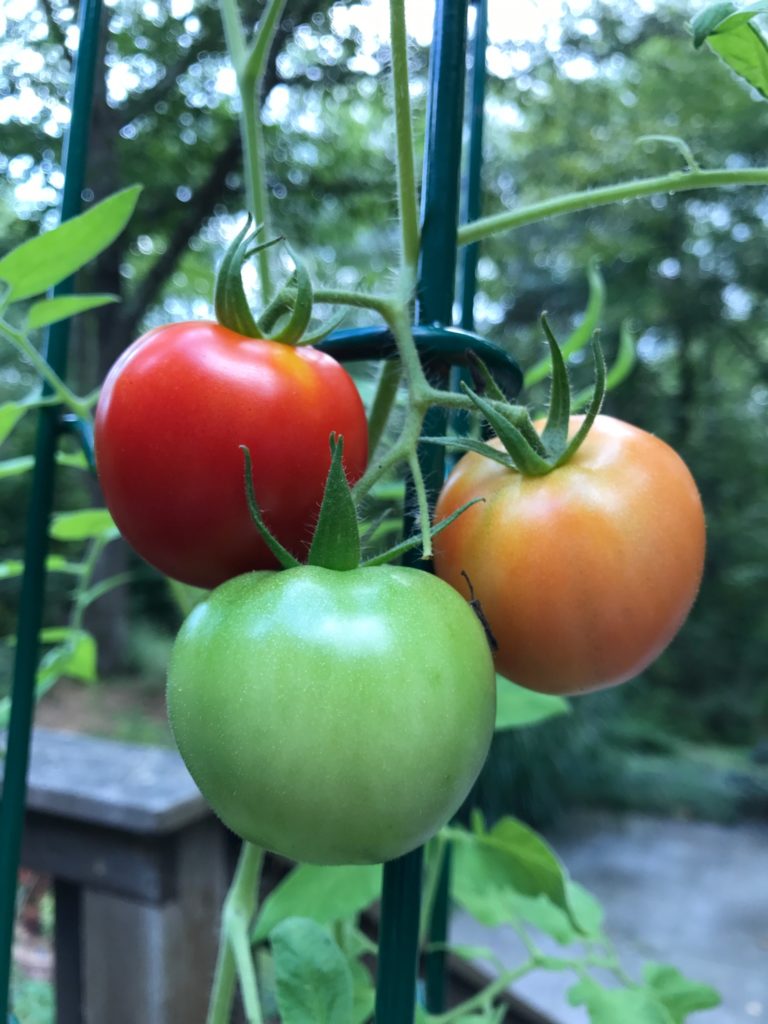
If your kid is in late elementary school, you may be thinking you should talk about puberty one of these days. But…maybe not just yet, because…well, awkward! And where do you start?
No worries. Although puberty is a complicated process physically and emotionally, the essential things you need to tell your child are pretty easy. There are only three core points, and I’ll give you some sample scripts on what say.
Important Fact 1: Puberty happens. Kids know that adult bodies are different from kids’ bodies. But many kids don’t really think about what happens in the transition.
Why saying this matters: It gives your kid a heads-up so they won’t be freaked out when they start developing acne, breast buds, pubic hair, etc. They won’t feel blindsided.
Even more important, it establishes you as a resource on puberty (and, later, sexuality). True, that may mean more awkward conversations down the road. But trust me on this: You want to be a resource for your kid. Kids who feel they can’t turn to parents for information may ask their friends (and you remember how accurate that is). Worse, they may try to do research on the internet—and stumble on pornography and other super-unhelpful sites. That is not how you want your child to learn.
Ways to say it: Use your own words, of course, but try for something like this:
“You’ve noticed that adult bodies are different from kids’ bodies. The changes happen over several years. The process is called puberty.
“In the next couple years, your body will gradually start to look more like an adult’s. You’ll get taller and stronger. You’ll start to develop things like breasts/facial hair. That might feel a little weird, but it’s normal, and you’ll adjust to your new body.
“Your school will probably have a program that talks about puberty, but I wanted to make sure you were in the know before that. You can always talk to me and Mom/Dad about any of this. I’ve also bought you a book so you can read about the changes when you want to. Shall we look through it together?”
Important Fact 2: Puberty is different for everyone—and everyone ends up okay.
Why saying this matters: It’s incredibly unsettling for some kids when their body starts changing, especially if they start earlier or later than their peers. Even kids in the middle of the curve can worry—a lot—that they’re not normal. That piles on loads of unnecessary anxiety and self-doubt.
Ways to say it: Be reassuring and matter-of-fact. For instance:
“Puberty/middle school is such a weird time. Everyone’s body changes on a different schedule. Some kids start developing early, some kids start years later, and it can be hard, especially if you feel out of synch with everyone else. But the important thing to remember is, it’s all normal, and it all works out in the end. People who start developing early and people who develop late all grow up to be healthy adults who have partners and make babies if they want to. However puberty happens for you, you’ll be just fine.”
You can also show your kid you relate by sharing a little of your own experience, especially the challenging parts. That makes it more likely they’ll turn to you about their own worries and insecurities.
“I remember how self-conscious I was that I got tall early/was so short/developed breasts/had awful acne/smelled bad/was so gawky. But it worked out. Eventually I caught up/other people caught up to me/I learned how to take care of my body. And as you know, I grew up just fine, fell in love, and here we are!”
Important Fact 3: Periods are normal, healthy, and nothing to be ashamed of.
Why saying this matters: Because getting a period when you don’t know to expect it is terrifying. Please, for the love of all that is good, don’t let your daughter be one of those girls who get their first period and think they’re dying. (And yes, it does still happen sometimes.)
The second reason is that when we can’t talk about a topic, kids think there’s something shameful about it. And there just isn’t anything wrong about periods. They’re not a choice, they’re not a flaw, there’s nothing moral or immoral about them. They’re just a thing that happens naturally to people with vaginas.
Ways to say it: Give kids some basic facts, as matter-of-fact-ly as you can manage. This is just human biology.
“One of the things that happens in puberty is bodies become able to make a baby. It’ll be many years before you’re actually ready to take care of a baby, of course, but your body will be able to conceive one. As you know, babies develop in a special part of a woman called the uterus or womb. Every month, the uterus sheds its lining. The lining is washed out in a flow of blood over a few days, which of course might look scary, but isn’t. This is called ‘having your period’ or ‘menstruating.’ Women and teenage girls catch the blood with pads or tampons. I bought some pads so you can see how they work. Want to look at one?”
By the way, you should tell kids of any gender about periods, not just girls. We often leave boys out of these conversations, which leaves them clueless—and adds to everyone’s unnecessary feelings of shame and awkwardness. There’s no reason boys can’t know the basics of female biology.
So, there you go: Three things you can tell your child that’ll make a real difference in their confidence as they approach puberty. And the big bonus is, having those conversations breaks the ice, helping you become their go-to person on important topics. Better for them, and better for your parent/child relationship.